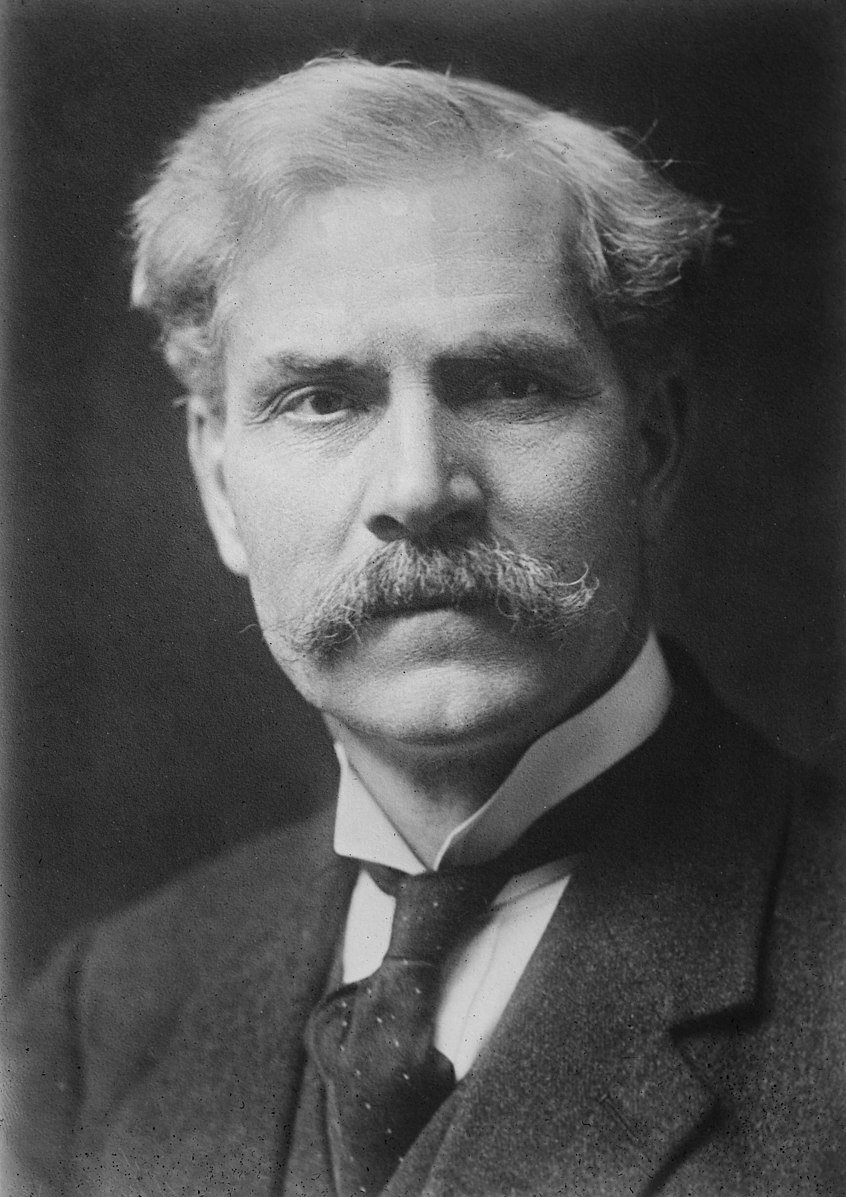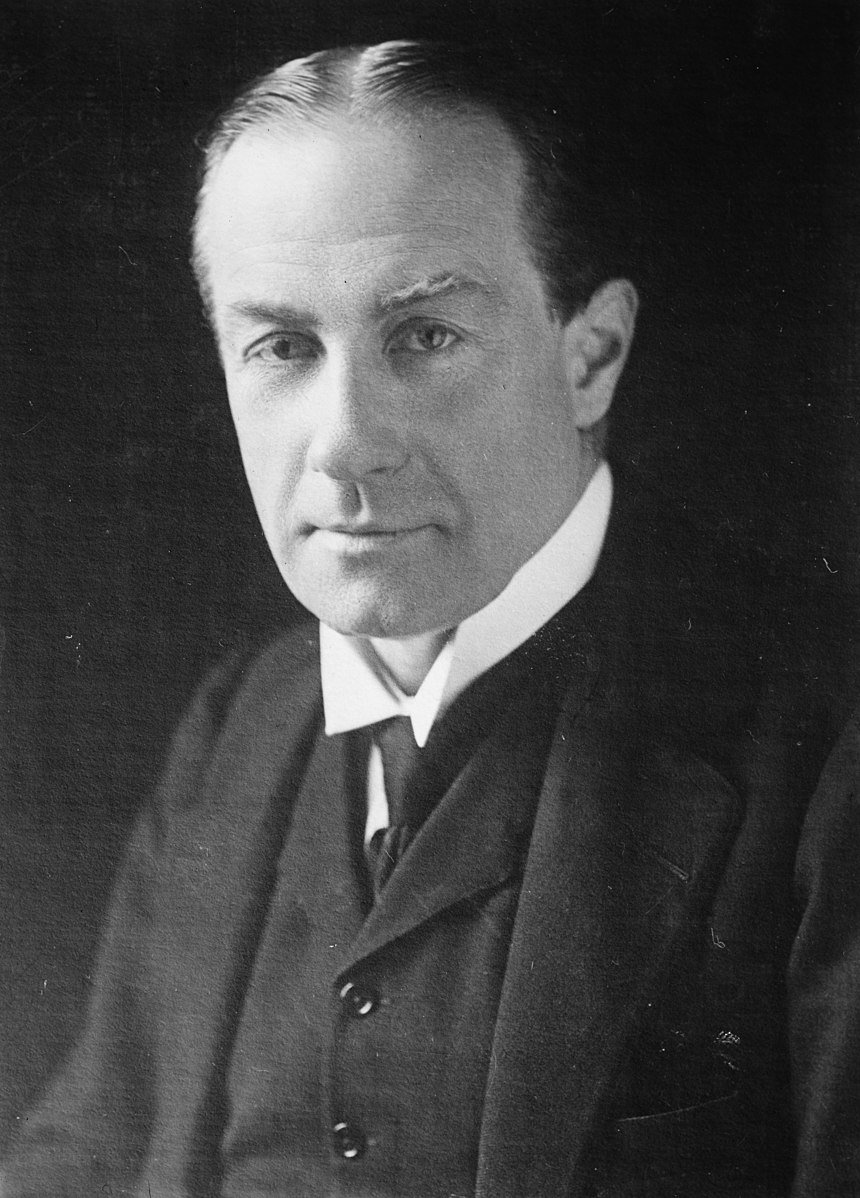Knowing What We Know: Simon Winchester (1924)
Simon Winchester, author of Knowing What We Know
It has been said that the past is another country, but the events we discuss in this episode feel all too familiar. Media interference in elections, Russian influence on Western politics, controversial immigration policy and the technology industry are all as close to the top of the agenda today as there were in 1924.
*** [About our format] ***
Lord Rothermere, owner of the Daily Mail and precursor of Rupert Murdoch and Logan Roy, authorised the publication of a letter claiming to show that the Labour Party was in league with Russian Communists, on the eve of a general election. Meanwhile in the US, one of the most successful technology companies of the twentieth century was being founded, as an astonishing piece of anti-immigration legislation was being passed.
Our distinguished navigator on this fascinating journey is the celebrated writer Simon Winchester who has covered some of the biggest stories of the age. As a journalist he reported on the Troubles in Northern Ireland where he was an eyewitness on Bloody Sunday and the Watergate Scandal in Washington.
His first book, The Surgeon of Crowthorne was a runaway bestseller and since then he has taken on subjects as vast and varied as land ownership, the Atlantic Ocean and precision engineering. His expansive vision is rooted in a life lived across the globe, born in Britain, now settled in America, he was Asia correspondent for The Guardian newspaper, he spent time in Uganda, Canada, Hong Kong and South America.
***
Simon’s latest book, which has just been published, Knowing What We Know, The Transmission of Knowledge from Ancient Wisdom to Modern Magic takes us from ancient Babylon to Chat GPT, analysing many of the subjects that are discussed here.
*** Listen to the Podcast ***
Show Notes
Scene One: 25 October 1924, the Zinoviev Letter is published in the British press, setting Ramsay MacDonald and the Labour Party up for election disaster.
Scene Two: 1924. In New York City, the creation of IBM – International Business Machines.
Scene Three: 1924. In Washington, the Asian Exclusion Act passes through Congress, enshrining anti-immigration policy and racism into law.
Memento: IBM ‘golf ball’ font attachment for typewriter.
Also, if you want to have a look - here's the Sandisfield Times!
People/Social
Presenter: Violet Moller
Guest: Simon Winchester
Production: Maria Nolan
Podcast partner: Ace Cultural Tours
Theme music: ‘Love Token’ from the album ‘This Is Us’ By Slava and Leonard Grigoryan
Follow us on Twitter: @tttpodcast_
See where 1924 fits on our Timeline
About Simon Winchester
Simon Winchester studied geology at Oxford and has written for Condé Nast Traveler, Smithsonian, and National Geographic. Simon Winchester's many books include The Professor and the Madman; The Map that Changed the World; Krakatoa; and A Crack in the Edge of the World. Each of these have both been New York Times bestsellers and appeared on numerous best and notable lists.
Mr. Winchester was made Officer of the Order of the British Empire (OBE) by HM The Queen in 2006. He lives in Massachusetts and in the Western Isles of Scotland.
H.G. Wells, one of Winchester’s favourite authors, playing an indoor war game
Christian Rakovsky dictates the Note to the British government in response to the "Zinoviev letter".
Complementary episodes
Spitfires and the Schneider Trophy: Alasdair Cross (1925)
The Spitfire is widely known as a masterpiece of British engineering. It could fly at speeds of around 400mph and it had enormous dexterity, making it a formidable foe in a dogfight. But where did these qualities come from?
The Assassination of Field Marshal Sir Henry Wilson MP: Ronan McGreevy (1922)
Just who was responsible assassination of Field Marshall Sir Henry Wilson, why it mattered and what happened next is the subject of this incisive and dramatic episode.
The Discovery of Tutankhamun's Tomb: Toby Wilkinson (1922)
In this episode, the renowned Egyptologist and scholar Toby Wilkinson takes us back to a story that is still as magnetic and magical as ever.










